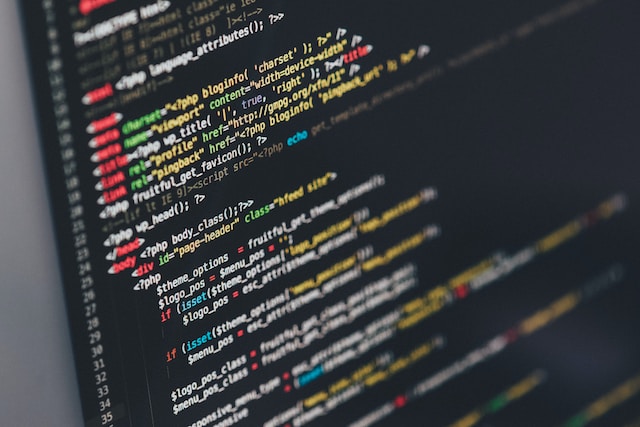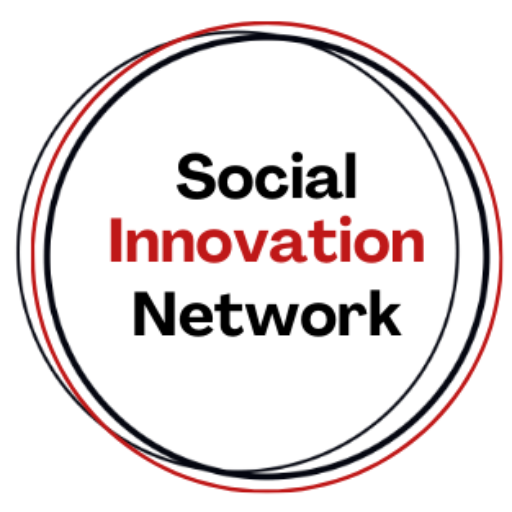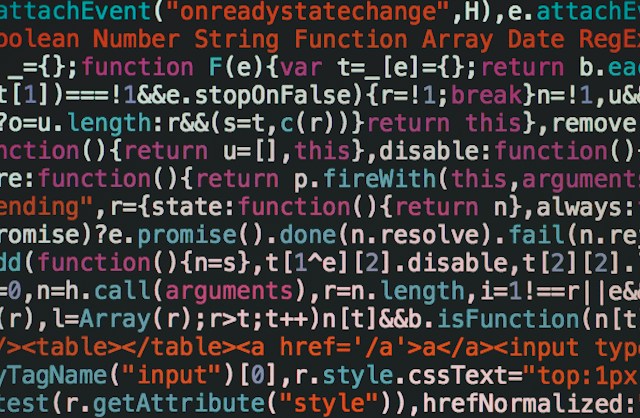As technology continues to transform our world, the role of coders and programmers has become increasingly important. From developing new apps and software to creating cutting-edge solutions for complex challenges, coders have the power to shape the way we live, work, and interact with each other. But what if coders could use their skills to do more than just create cool products? What if they could use their talents to make a positive social impact? In this article, we explore the concept of “coding for good” and how it can be a powerful tool for creating a more equitable and sustainable world. We discuss the different ways that coding can make a social impact, the benefits of motivating coders to engage in social impact work, and the strategies that can be used to inspire and empower coders to use their skills for good.
Coding for Good: How Technology Can Make a Positive Impact on Society
Coding has come a long way from being just a tool to build software applications and websites. It has now become a powerful tool for social change and making a positive impact on society. Coding for good is the practice of using programming skills and technology to solve real-world problems and make the world a better place.
In recent years, there has been a surge in the number of coding initiatives and organizations that are focused on creating social impact. From providing free coding classes to underprivileged communities to developing innovative solutions for pressing global issues, coders are using their skills to create a positive impact on society.
One of the most popular ways that coders are using their skills for good is by developing open-source software. Open-source software is software that is freely available to the public and can be modified and distributed by anyone. This allows people to collaborate on projects and create software that can be used to solve real-world problems.

For example, the Open Data Kit (ODK) is an open-source platform for collecting and managing data in challenging environments. It has been used in healthcare, education, and disaster response initiatives around the world. Another example is Ushahidi, an open-source platform for collecting, visualizing, and mapping data. It has been used to track election violence in Kenya, monitor the aftermath of the Haiti earthquake, and support disaster relief efforts around the world.
Another way that coders are using their skills for good is by volunteering their time and expertise to non-profit organizations. Many non-profit organizations are understaffed and underfunded, making it difficult for them to implement technology solutions that can help them achieve their goals. By volunteering their skills, coders can help these organizations develop and implement technology solutions that can make a significant impact.
For example, the non-profit organization Code for America partners with local governments to create technology solutions that improve access to government services. By working with city governments, Code for America has created apps and tools that have helped people apply for food assistance, find affordable housing, and access healthcare.
In addition to open-source software and volunteering, coders are also using their skills to create innovative solutions to pressing global issues. For example, some coders are using artificial intelligence and machine learning to analyze data and identify patterns that can help solve complex social problems. Others are using blockchain technology to create secure and transparent systems for tracking supply chains and ensuring that products are ethically sourced.

There are many coding initiatives and organizations that are focused on creating social impact. Here are a few examples:
- Girls Who Code: A non-profit organization that provides free coding classes to girls in underserved communities. This organization aims to close the gender gap in tech by providing computer science education and resources to girls in K-12 schools.
- Black Girls CODE: A non-profit organization that provides coding classes and workshops to young girls of color. This organization aims to empower and inspire young girls of color to pursue careers in tech by providing coding workshops and other STEM-related programs.
- Code.org: An organization that provides free coding classes and resources to students and teachers around the world. This nonprofit organization aims to provide computer science education to students in K-12 schools to promote greater diversity and equity in the tech industry.
- TechSoup: TechSoup provides technology resources and services to nonprofit organizations to help them better achieve their social missions.
- Code for America: This nonprofit organization brings together coders, designers, and other tech professionals to create digital solutions for government and civic problems.
- DataKind: This global nonprofit organization brings together data scientists and social organizations to solve some of the world’s most pressing social challenges.
- Digital Promise: Digital Promise is a nonprofit organization that promotes innovation in education by providing resources and support for ed tech startups, educators, and researchers.
- DemocracyLab: DemocracyLab connects volunteers with social organizations to help them build technology solutions for social good.
- Code to Inspire: Code to Inspire is a nonprofit organization that provides coding education and resources to women and girls in Afghanistan to promote greater economic and social empowerment.
- The Last Mile: The Last Mile provides technology and entrepreneurship training to incarcerated individuals to help them prepare for successful reentry into society.
Another great example is mPreneur an Eramsus+ project in 3 editions that was oriented towards this topic, where young coders and entrepreneurs were empowered and educate into creating sustainable mobile and digital solutions in order to solve certain issues in their communities, the myouth and mpreneur project was a great success with engaging more than 1000 coders and entrepreneurs trough out the project activities in 3 continents, Europe, Asia and Africa, and creating more than 100 applications and solutions with social impact.
In conclusion, coding for good is a powerful way to use technology to create positive social change. Whether it’s developing open-source software, volunteering skills to non-profit organizations, or creating innovative solutions to global issues, coders have the power to make.
Author: Anita Gagovska. This article is initially published on the blog of Modern Nonprofits website.







Hey, such an inspiring read! The concept of ‘coding for good’ is truly transformative.
It’s curious to know how individuals, regardless of their coding proficiency, can get involved in initiatives like these.
Are there specific resources or platforms where people can contribute or learn more about coding for social impact? Also, if anyone has personal experiences with such initiatives, please share your stories – I’d love to hear about the positive changes you’ve witnessed or been a part of.
Overall, great post highlighting the incredible potential of coding to make a positive impact on society!
I wish I had taken more of an interest in coding when I was younger. All my brothers know how to do it and they started off with the old spectrum computer and taught themselves that way, then went to study it after they left school. At the time I wasn’t interested, but now as I get older, I am finding HTML quite fascinating and it is great to learn new tricks in coding that you can use to make your websites look better and different.
Your blog post on how coders can make a positive social impact is truly inspiring. The idea of using coding skills for the greater good resonates deeply with me. Have you encountered any specific projects or initiatives where coding has made a significant difference in addressing social issues? I’d love to hear more about real-world examples and how they’ve impacted communities.
In my experience, volunteering for a nonprofit organization that builds websites and applications for underserved communities has been incredibly rewarding. It’s amazing to see how technology can bridge gaps and empower marginalized groups. How do you suggest aspiring coders get involved in social impact projects? Your guidance could help many individuals channel their coding skills towards meaningful causes. Thank you for highlighting the transformative potential of coding for good!
Great article! It’s inspiring to see how coders can use their skills to make a positive social impact. I believe that technology can be a powerful tool for creating a more equitable and sustainable world, and it’s exciting to see the different ways that coding can make a social impact. Keep up the good work!